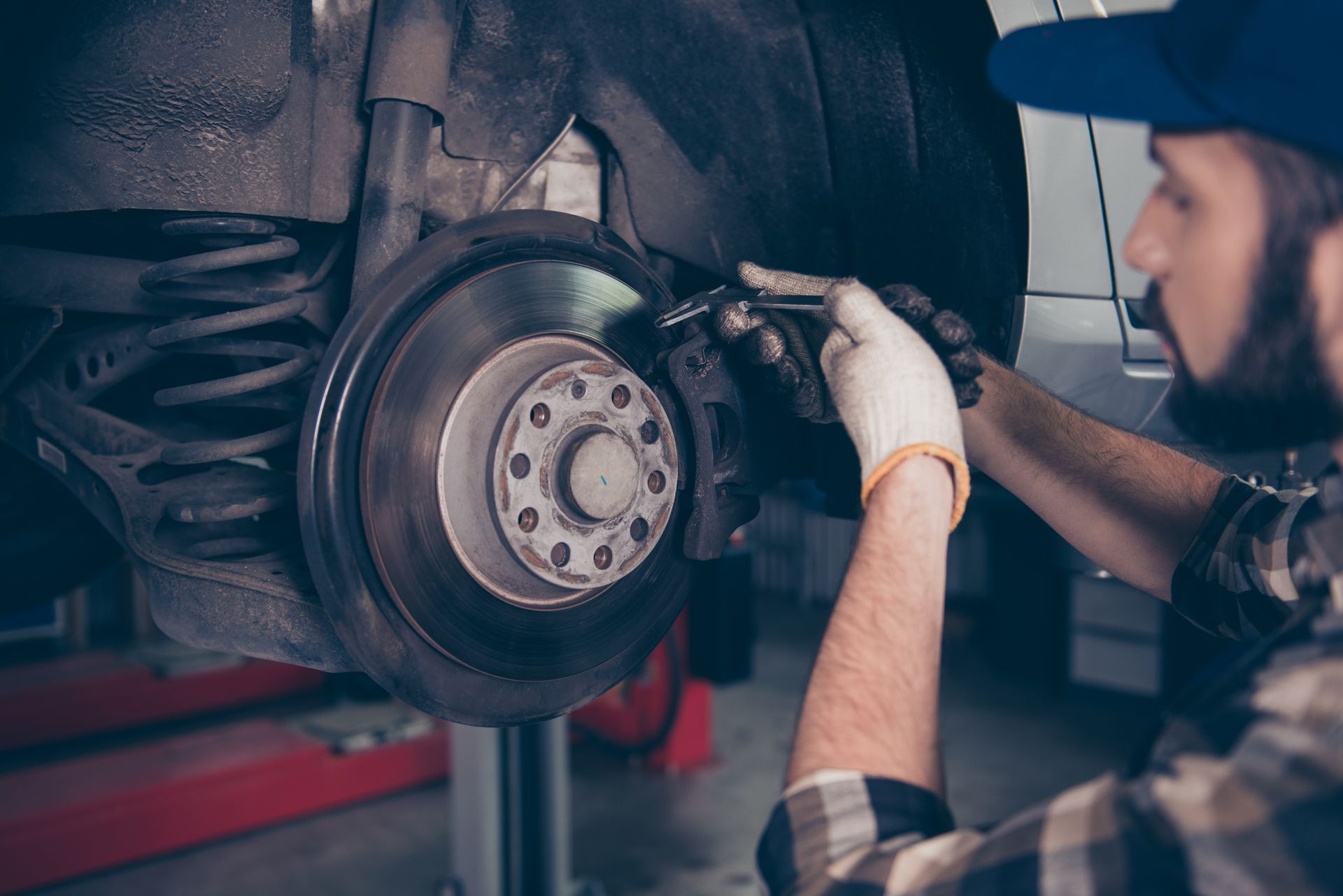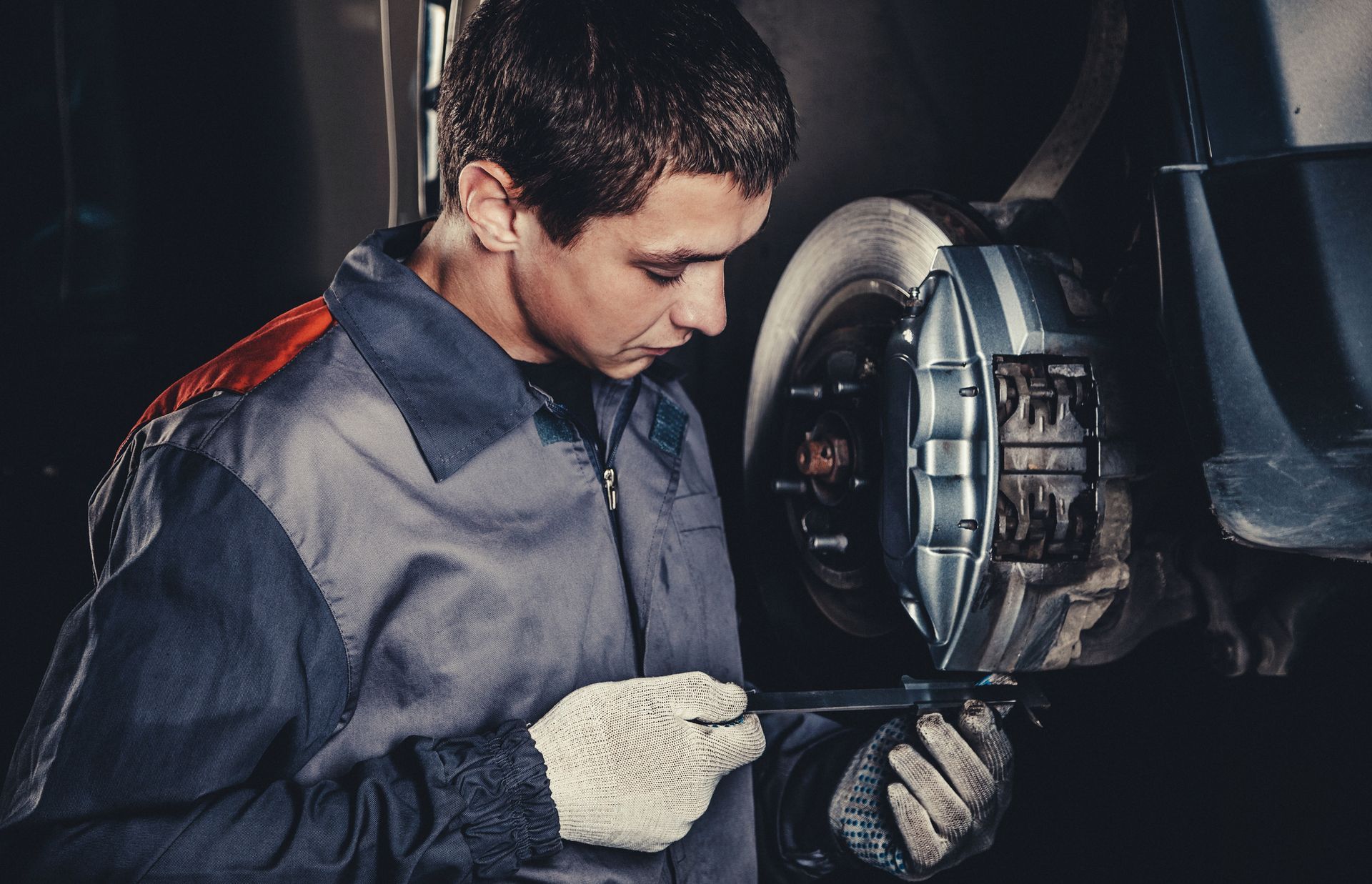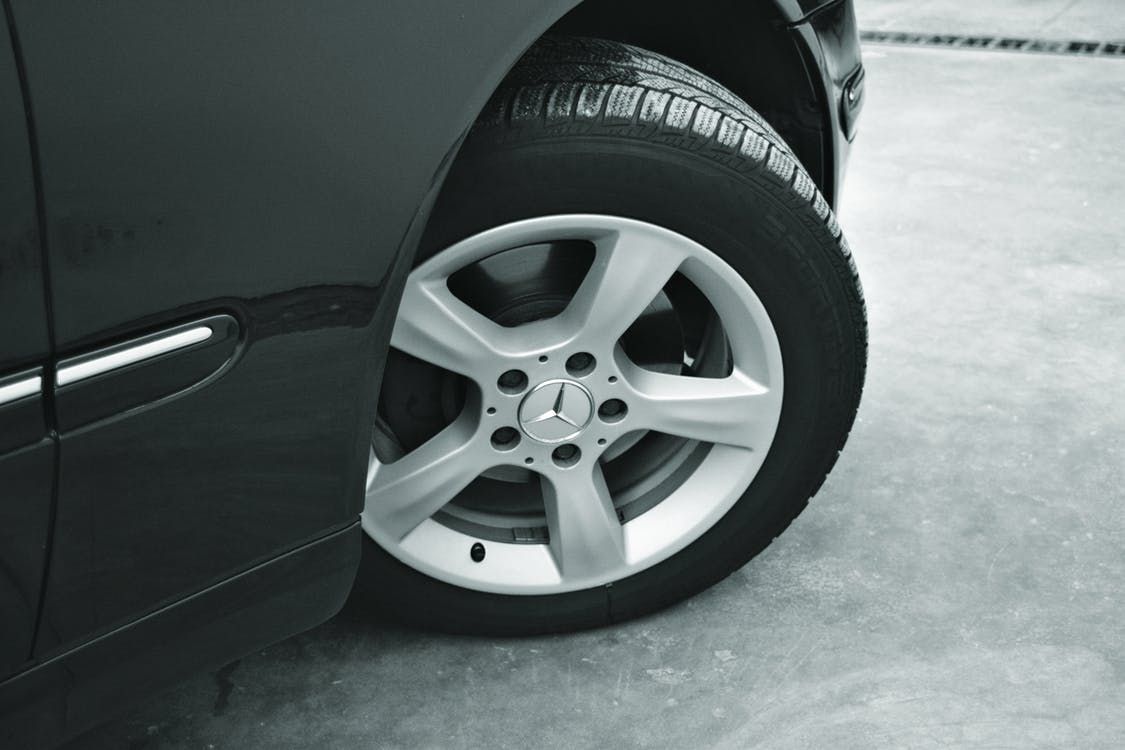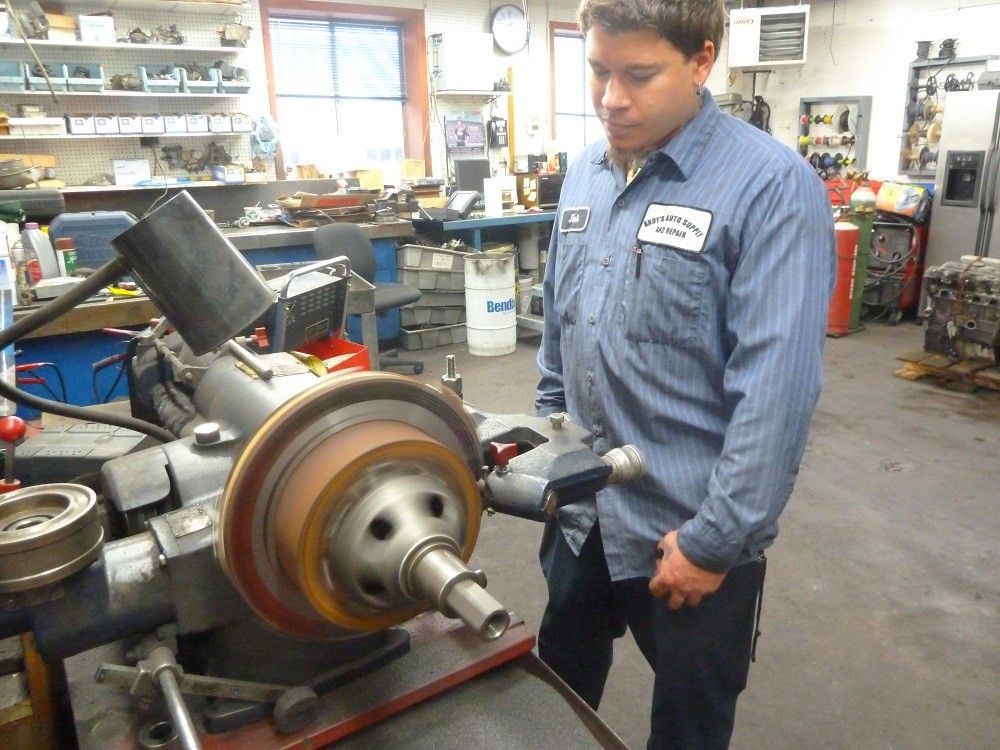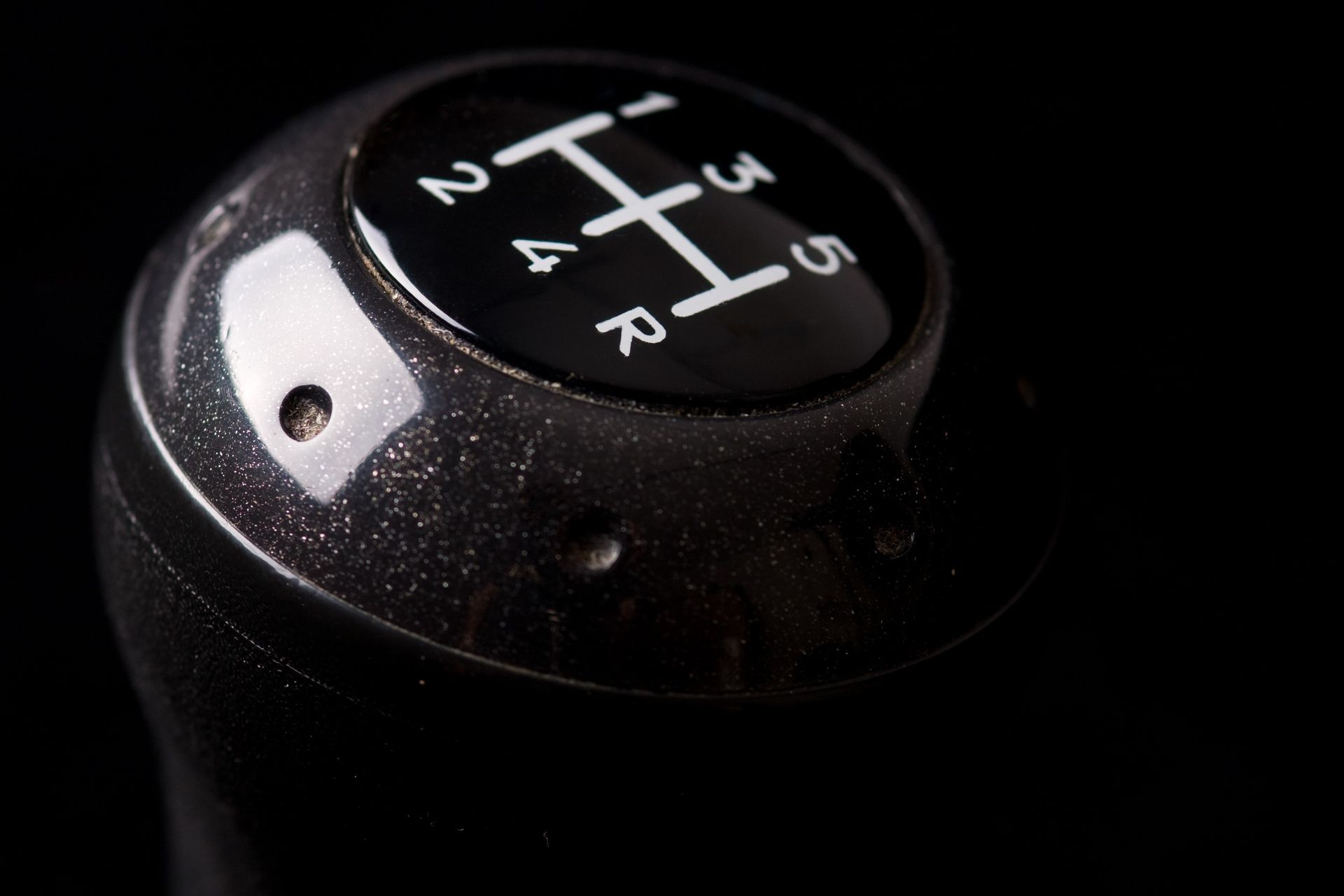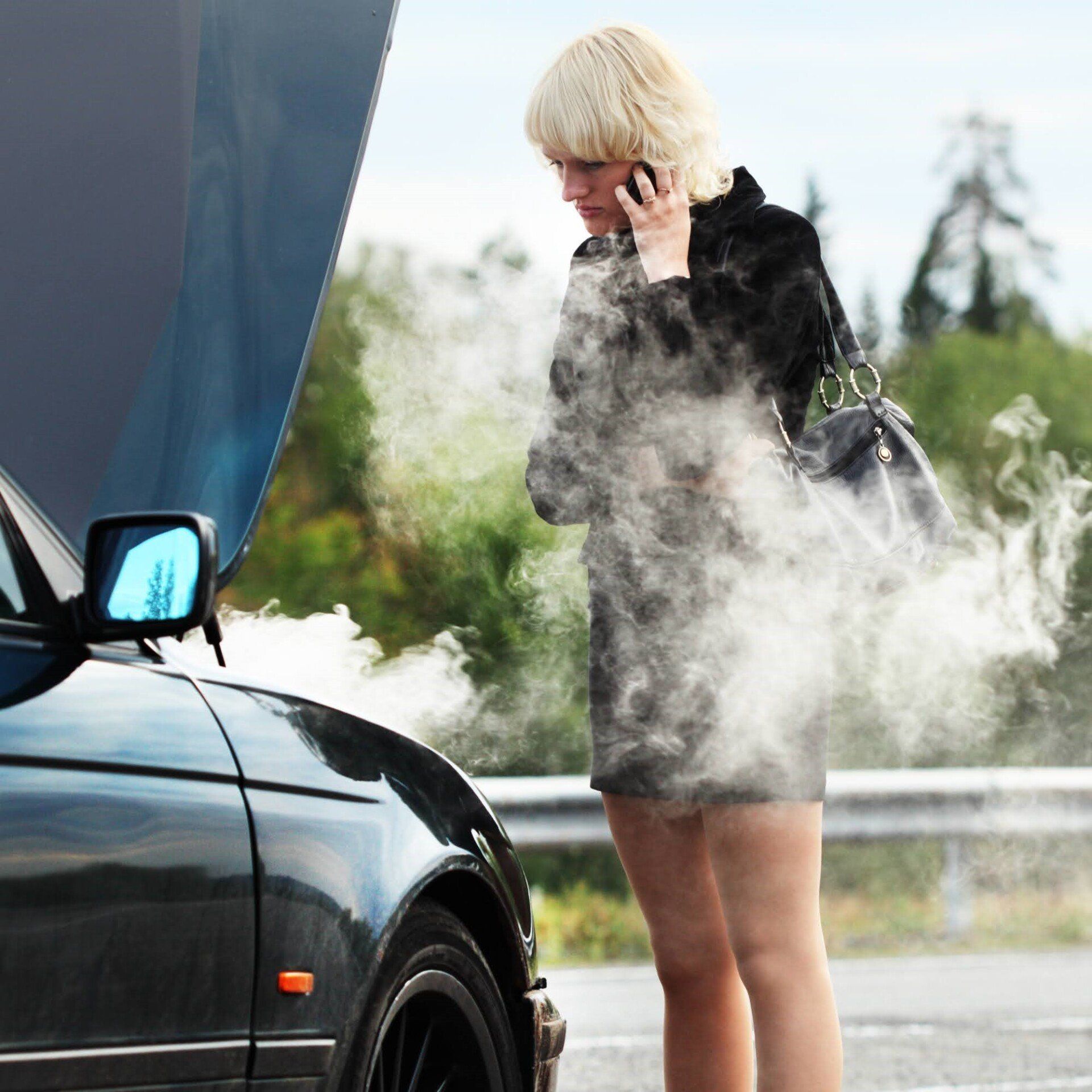5 Signs You Have a Brake Booster Problem

The force you create when you step on your brake pedal isn't enough on its own to modify your speed — you get extra help from a booster in your braking system. This booster sits between your brake pedal and the master cylinder. It uses vacuum technology to manage pressure in the system so that you can stop with less effort.
Like any car part, boosters can get damaged, wear down or break. How can you tell if you have a problem with your brake booster?
1. YOUR BRAKE PEDAL IS HARDER
A brake pedal should hit a sweet spot when you depress it — it shouldn't be too easy or too hard to push down. If your booster works as it should, then your pedal should work okay too.
Your pedal actually gives you one of the first signs that you have a fault in your booster or its connections. If your booster doesn't work, then it can't deal with the resistant pressure in your brakes. It won't be able to boost the force you make when you depress the pedal to control your brakes.
So, when this happens, you'll notice a difference in the way your pedal responds when you step down on it. The pedal is likely to feel a lot harder than usual, and you'll have to put more effort into braking.
Sometimes, the pedal also responds differently when you take your foot off. It might not move back into its resting position correctly.
2. YOUR BRAKE PEDAL IS HIGHER
If you have a problem with your booster's vacuum, then you may see a difference in your brake pedal's position. For example, if the vacuum doesn’t work right, it might push the pedal out of place.
Here, you'll notice that the pedal suddenly feels like it sits higher than it did before. It won't be at a comfortable level for your foot.
3. YOUR STOPPING DISTANCE CHANGES
A brake booster isn't just there to make braking easier and more comfortable for drivers. This part also helps control the power that goes to your brakes when you use your pedal. If the booster has a problem, then your brakes might not respond as well as they normally do.
For example, a problem booster can affect stopping distance. If the booster can't supply the right amount of power to apply your brakes at the right rate, then your car takes longer to slow down and stop.
4. YOU HEAR A HISSING SOUND
In some cases, you can hear problems with a brake booster. For example, you might hear a hissing noise after you step on your brakes and then release them.
If you hear hissing, then the booster, or one of its seals or connections, might have a crack, break or leak. The hissing happens when you use the booster and air enters or leaves its system when it shouldn't. This noise might stop whenever you use the brake and come back once you take your foot off the pedal.
5. YOUR CAR KEEPS STALLING WHEN YOU BRAKE
If your brake booster develops a problem with its diaphragm, then it might allow air from your engine to move across to your brakes. It might actually pull vacuum from your engine in some cases.
If this happens, then your car might stall whenever you apply your brakes. You don't have the right levels of vacuum and air control to keep things moving smoothly.
If you have any of these problems, then bring your car to Stopmaster Brakes. Any changes to your brake pedal or to your car's ability to brake safely are a cause for concern. We can diagnose the problem and fix it for you to get you back on the road safely again.

